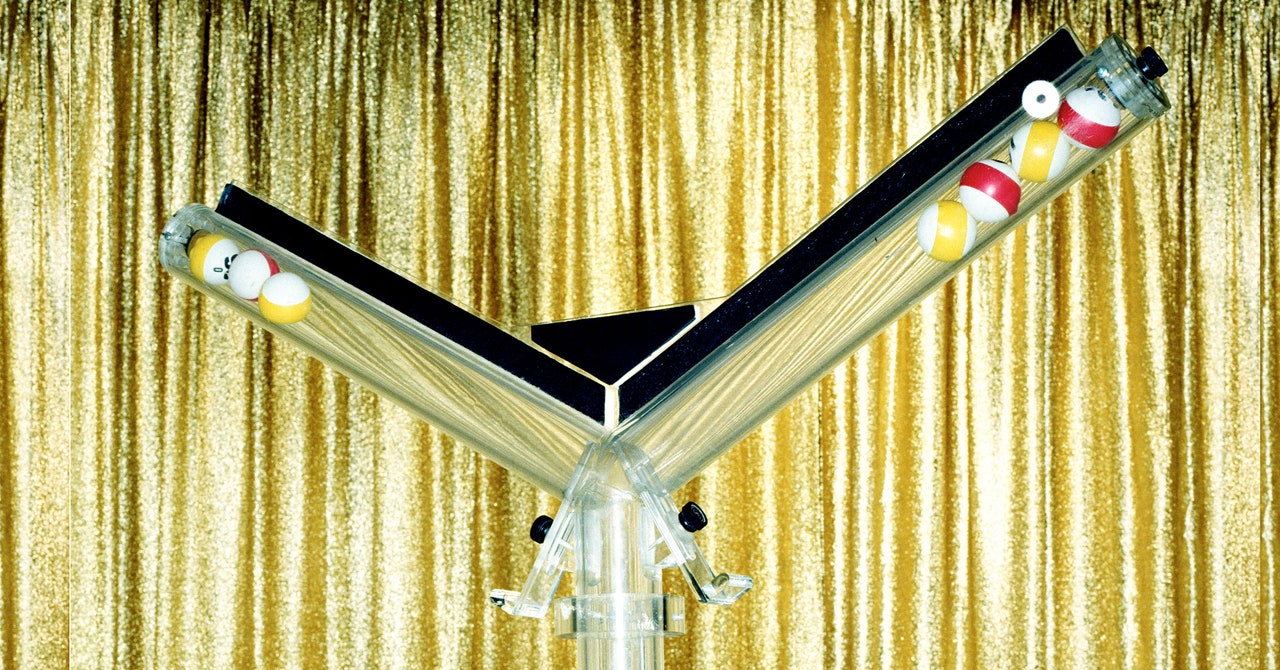
United Airlines would very much like people to start flying on airplanes again. They stopped during the pandemic—nearly 10 times as many people flew in the United States on Memorial Day weekend in 2019, the Before Times, as on the same three days in 2020. That’s a problem for United, because air travel is, like, United’s whole thing.
That company would also very much like the people who do fly on airplanes to be vaccinated against Covid-19. Not that planes and airports are crucibles of infection! Definitely not, probably. But vaccinations are, let’s agree, a social good. Pretty much everyone wins, except germs.
But United doesn’t want to require vaccination. People get so mad. So earlier this year, corporate bigwigs started brainstorming ideas to encourage people to get vaccinated and also fly United. Their idea: Give everyone who gets their shots a reward. Maybe a few thousand miles’ worth of frequent-flier points? It’s the airline equivalent of a doughnut, or a beer. You can have it, as a treat.
But no. “There were a number of us involved who, I would say, lean heavily from the marketing sciences group within United who said, ‘Actually, that’s not the right path,” says Luc Bondar, the vice president of marketing at United and president of the airline’s frequent-flier program, MileagePlus. “I may have crashed an executive meeting to say that there’s a different way. And out of some healthy discussion, we agreed on an approach that’s very aligned with behavioral science.”
That approach is a big damn lottery. Prove you’re vaccinated and join MileagePlus, and you could win a year of travel for two in first class. Now, you probably won’t win. But still, that’s a high-value target. They have warm nuts. “It was that trade-off. Do we want to give something certain but small,” Bondar says, “versus going out with a sweepstakes?”
Bondar proposed a Willy Wonka-esque golden-ticket experience, “and the fact that you and I are talking, I think, is evidence that we got it right,” he says. In the first 48 hours, United had over 400,000 entrants and more than 100,000 new sign-ups for MileagePlus. While Bondar hasn’t crunched the data yet, he thinks the dates on the vaccine cards the newbies uploaded will show that some significant number got their shots after the prize was announced. It’s a good guess, since lotteries with huge cash prizes have led to similarly huge upticks in vaccination rates in half a dozen states across the US, including Republican-led Ohio, Democrat-led California, and whatever-the-hell-is-happening-in Oregon. (In Ohio, week-on-week vaccinations were declining by 25 percent before Governor Mike DeWine announced that five lucky shot-getters would win $1 million, and teenagers could get full-ride scholarships. The downslope turned into an upslope, to the tune of a 49 percent increase in vaccinations among Ohioans 16 and up.) A few life-changing prizes may turn out to be just the thing to get vaccine-hesitant Americans to roll up their sleeves. That’s just science. Well, economics. But still. It actually works.
Maybe it doesn’t sit well with you, the idea that public health officials (or airlines) are resorting to, let’s be honest, hucksterish means to drive crowds toward a scientifically wondrous shot that prevents a potentially fatal disease. You would think the big prize would be “not dying.”
In fact, that’s just not how people make these kinds of decisions. Some people are highly motivated to get vaccinated. Some people are highly motivated not to. But some folks might just see the whole thing as slightly more inconvenient for them than it is useful for society. As Richard Thaler and Cass Sunstein wrote in their book Nudge—an updated version comes out in August—when people feel that way, getting them to do the thing anyway requires making those things easy. It helps if you also make those things fun. “Lotteries are fun. It’s like a cheap dream,” says Thaler, a Nobel Prize–winning economist at the University of Chicago, when I ask about vaccine lotteries.


